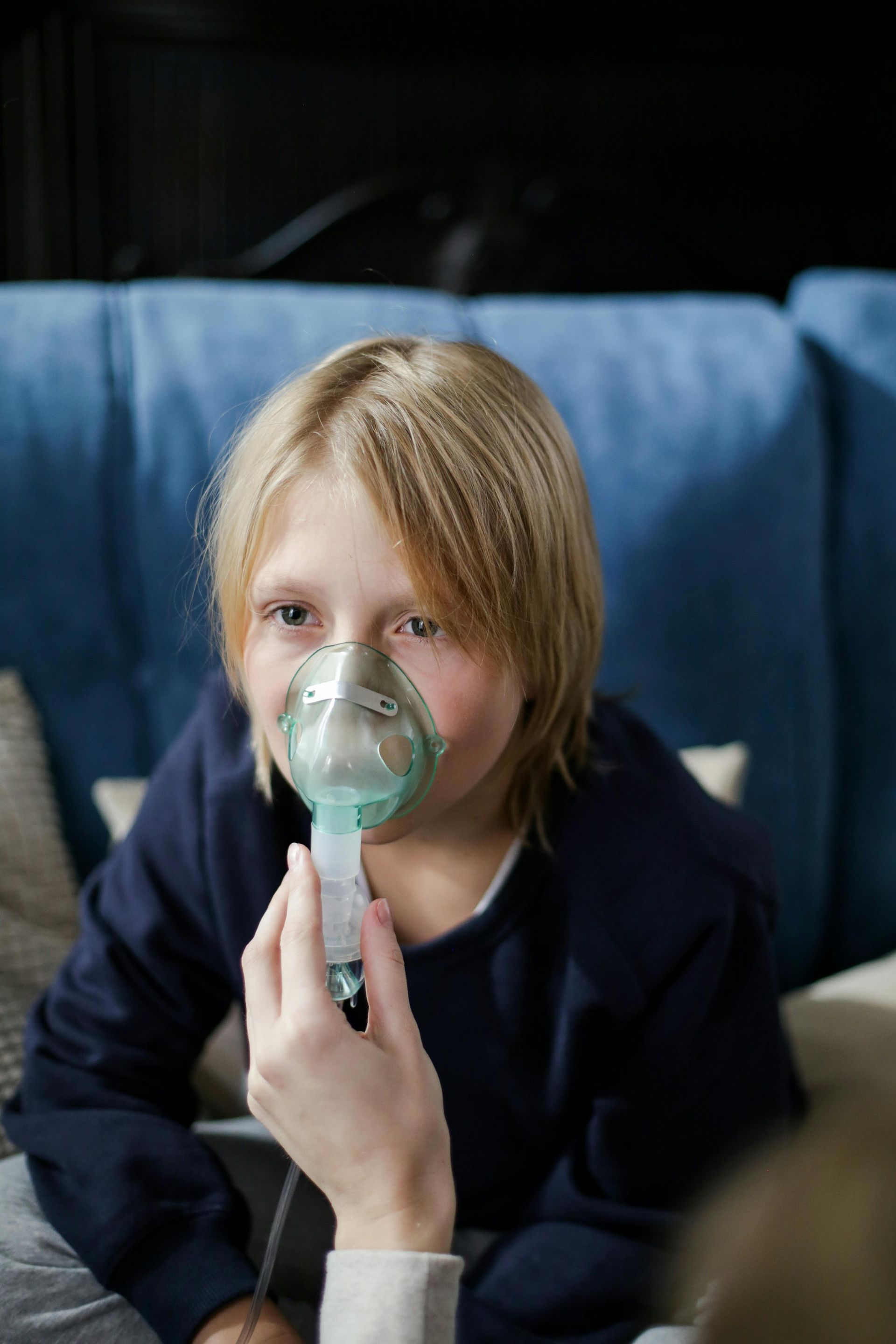FEATURED ARTICLES
Resist the Itch

Don’t you hate those annoying itchy bug bites that never seem to stop? I was once told that bug bites left untreated will last about a week but using medicines can help them last about 7 days…go figure! For such little insects that we sometimes can’t even see (chiggers!), the itchy consequences can be pretty bothersome. With summer in full swing, the bites from some of these bugs can have greater consequences such as possible transmission of illnesses like Zika or West Nile Virus.
But what makes them so itchy? The bites themselves are not the problem (as opposed to a bite from a dog that can cause significant injury). The problem with bug bites is how our body reacts to the bug’s saliva and/or venom after that bite. Within minutes, the body reacts to the inflammation of the bite itself. A delayed reaction afterwards is when we notice the persistent itchiness which is the result of various defenses our body puts in action. The most severe of these reactions would be systemic allergic reactions (otherwise known as anaphylaxis) but that is relatively rare.
With the more common local reactions to bug bites, there are a few things to keep in mind. Always keep the area clean with simple soap and water. This includes after scratching the area so much that we make it bleed at times. In this situation, keeping the area covered with a band-aid is recommended. Using a cool pack to the area during the initial reaction can help with symptoms. Taking an oral antihistamine such as Zyrtec or Claritin is preferred over Benadryl due to a less drowsy side-effect. And remember, any itchy rash that gets hot and sweaty usually becomes itchier…Hello Summer!
Since the itchy bug bites can last several days, a practical approach should focus on prevention- especially when you’re talking about insects such as mosquitos that can transmit those infections mentioned earlier. Using a bug repelling product is important. But what should you look for on those labels to be safe and effective? The ingredient of DEET is important and has been heavily researched. Safe for children 2 months old and above, the percentage of DEET in the product refers to the length of protection it can provide. For example, a repellent with 10% DEET is expected to offer protection for 2 hours; 30% DEET about 5 hours. For children under 2 years of age, it is best to apply DEET on clothing instead of direct skin when possible and avoid the face and hands (arms are okay!). Application sticks and lotions may be better suited for younger children as well. It’s always best to wash the skin with soapy water when returning indoors to lessen the chance of skin irritation.
Here are some other ways to avoid those itchy “skeeter” bites:
- Wearing loose-fit long sleeve shirts, pants, and fully covered shoes
- Utilize mosquito netting over baby strollers/carriers
- Avoid outdoor activity when mosquitos are most active- dust and dawn
- Eliminate any standing/stagnate water around the house














